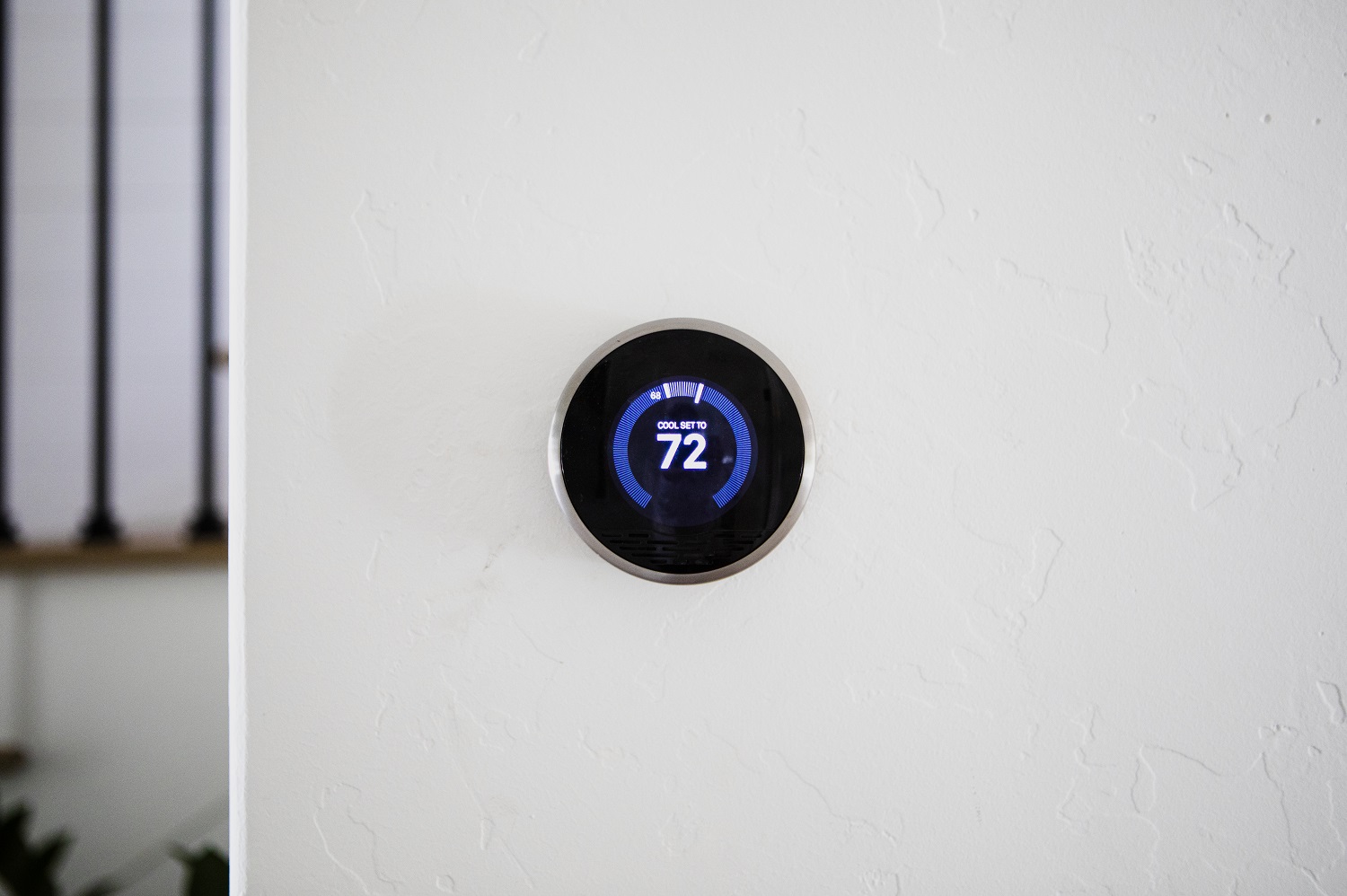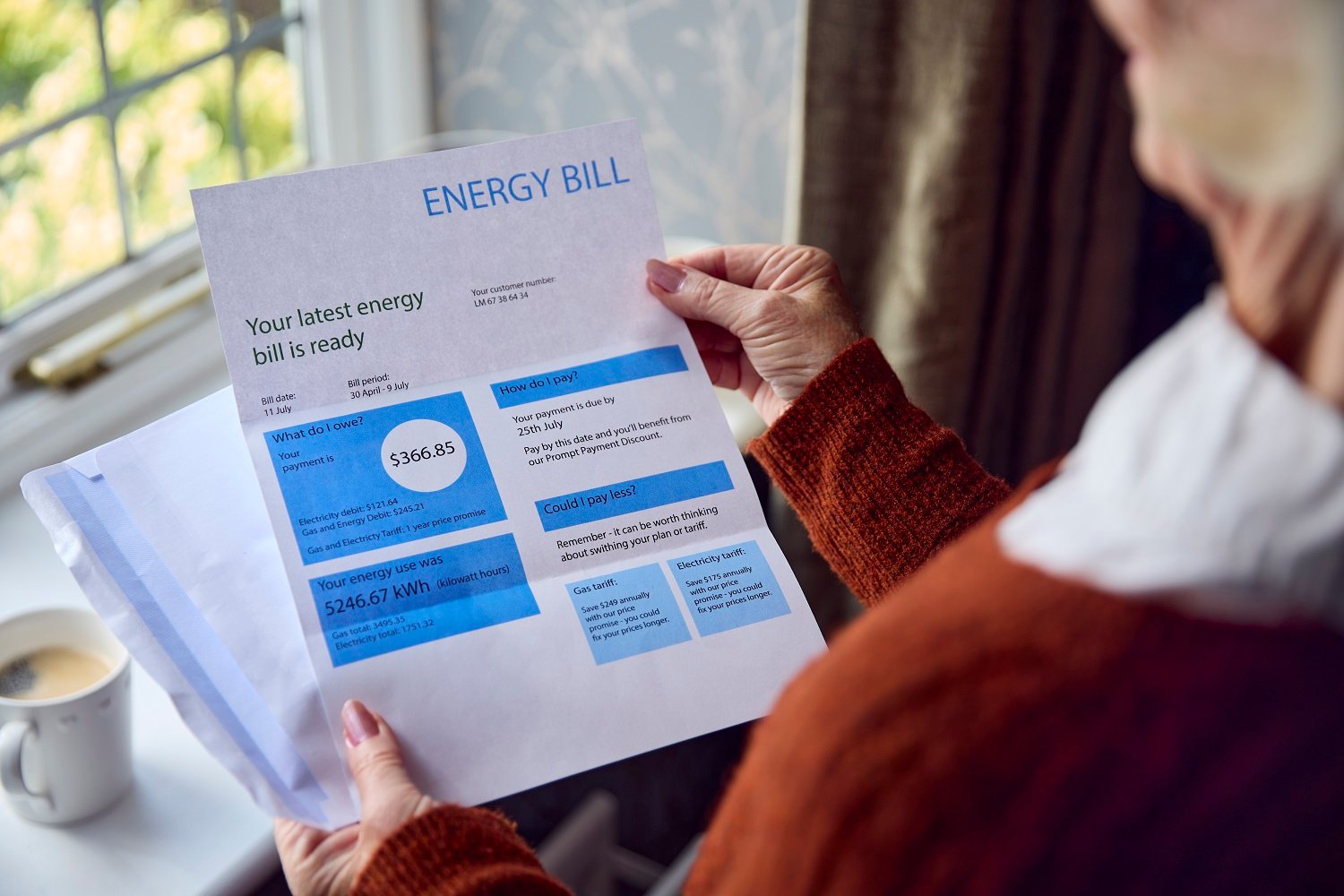Winter is in full swing in the northern hemisphere, and with it comes the possibility of winter storms and cold snaps. Such sudden drops in temperature can sneak up on people who are unprepared. However, by being proactive, you can take steps to make sure your living space remains safe and warm throughout the frosty season. This basic guide provides tips for both homeowners and renters to effectively prepare for the challenges of a storm or cold snap, including the real possibility of power outages.
Check Insulation
Proper insulation is key during the winter. Check your attic, walls, and floors—especially those adjacent to an unheated space like a garage. Good insulation can significantly reduce heating costs and keep your home warmer.
Address Drafts
Drafts can be a major source of heat loss during a cold snap. Use weather stripping or caulking to seal gaps in windows and doors. Installing thermal curtains can also add an extra layer of insulation.
For a quick or temporary solution, use old fabrics or towels to block drafts on doors and windows. It may not be a permanent fix, but it will work on short notice.

Protect Your Pipes
To prevent burst pipes in below-freezing temperatures, let faucets drip slightly to keep water flowing. This is especially important for outdoor pipes such as hose faucets, as well as interior pipes that run along external walls. Additionally, keep the temperature up in your home to reduce the risk of pipes freezing.
Service Your Heating System
As soon as you see cold weather in the forecast, schedule your heating system to be serviced. This ensures that everything is working safely. Replace filters regularly to improve air quality and system efficiency.
You may also consider investing in portable heaters for areas in the home that do not get as much heat. However, be sure to practice proper fire safety and avoid overloading power outlets or placing heaters next to anything flammable.
Use Rugs and Curtains for Extra Insulation
Thick rugs and heavy curtains can help your home retain more heat and keep the cold from seeping in through floors and windows.
Prepare for a Power Outage
As with any adverse weather event, it’s a good idea to be prepared in case of an emergency. Power outages are very real possibilities during a winter storm, and severe snow or ice can make it difficult to get services up and running again. If you don’t have a backup generator, prepare for an outage by following these basic tips.
- Emergency Kit: Keep an emergency kit with flashlights, extra batteries, blankets, first-aid, and non-perishable food items.
- Centralize the Heat: In the case of a power outage, close doors between rooms and focus the heat into one room. Cover windows and keep drafts blocked. If you have a functional fireplace or wood stove, make sure you have enough wood or fuel to keep it going.
- Battery-Powered or Hand-Crank Radio: If cell tower communications go down, you can stay informed about weather updates and emergency information through the radio.
- Emergency Water: Keep a supply of bottled water in case your water is turned off or contaminated due to the outage.
- Charge Devices: Keep phones and other essential devices charged as a storm approaches.
- Be Smart: Never attempt to heat your home or cook food indoors with an outdoor-only generator, grill, or fireplace, and never leave burning candles unattended.
- Stay Informed: Keep an eye on weather forecasts and local news for severe cold snap warnings.
By preparing for severe cold weather and potential power outages, you and your family can enjoy a safer winter season and be ready in case of an emergency. Be safe out there!

